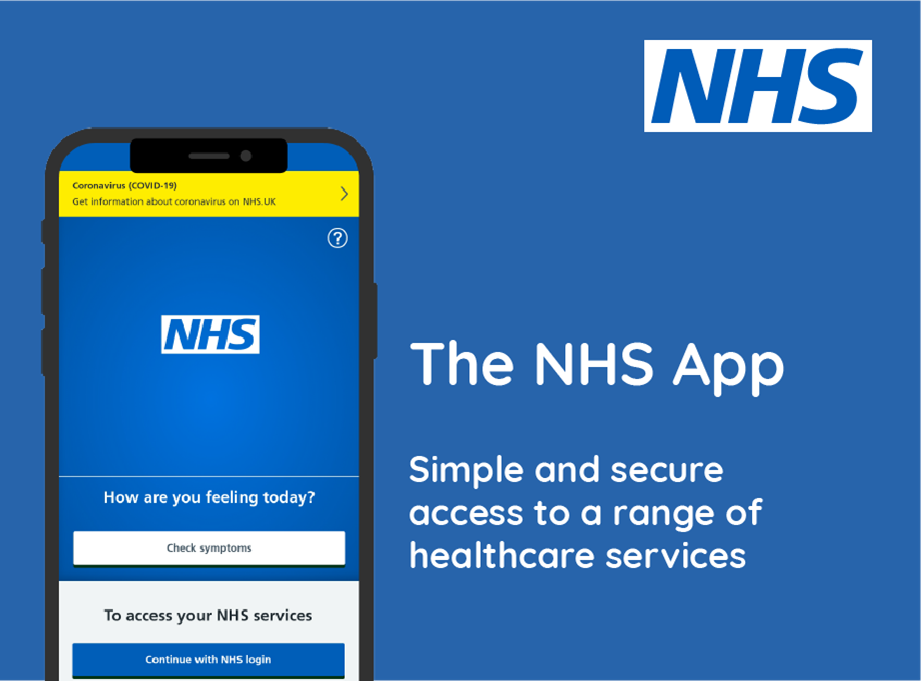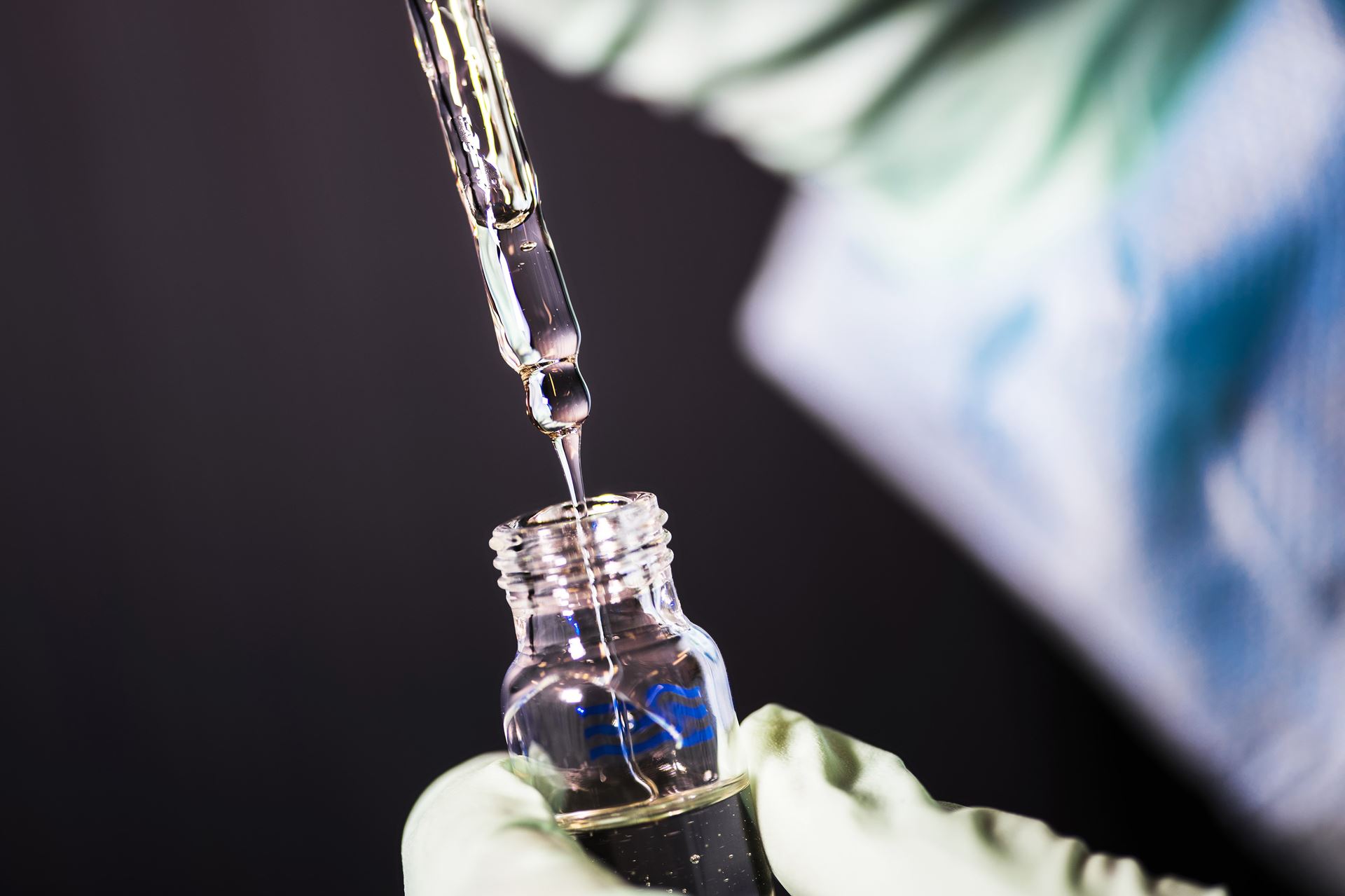Please telephone at any time for test results that you require. Most routine results are back with the Practice after 5 - 7 days. X-ray reports do take longer so please be prepared to wait up to 2 weeks for these and 6 - 8 weeks for any cervical smear results.
Please be aware that any diagnostic tests requested by your consultant may take longer to reach the Practice as they will go back to your consultant first out of courtesy.


